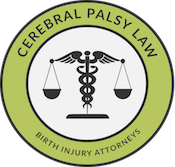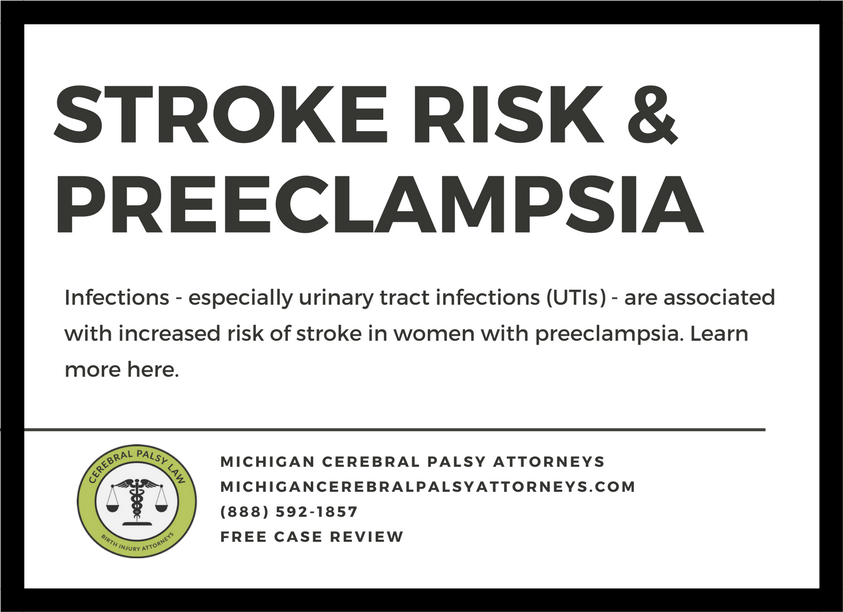Infections – especially urinary tract infections (UTIs) – are associated with increased risk of stroke in women with preeclampsia.
Preeclampsia occurs when women are first diagnosed with with high blood pressure after 20 weeks of pregnancy, end-organ dysfunction, protein in the urine, and changes in vision or headaches. If improperly treated, it can have high morbidity for both the mother and the baby.
Women with preeclampsia are six times more likely to have a stroke during pregnancy or after birth compared to women without the diagnosis. They are also generally at higher risk of stroke later in life and have a greater risk of developing cerebrovascular disease earlier. The most common cause of death in preeclampsia is intracerebral hemorrhage (brain bleeds). About ⅔ of the strokes occurred after birth, with 80% happening after mothers are discharged from the hospital with their babies. Many are released with a need for home services or rehabilitation.
Researchers aimed to find modifiable risk factors among women at high risk for stroke, tracking a large database of women ages 12-55 with preeclampsia or eclampsia from 2003-2012 who had cerebrovascular events, comparing data with two different control groups. They found that the following factors increased stroke risk for women who had preeclampsia or eclampsia:
- Coagulopathies
- Prothrombotic states
- Bleeding disorders
- Chronic hypertension
- UTIs and infections
Significantly, the presence of infection increased stroke risk threefold, with UTIs driving the difference.
Additional research into the pathophysiology of preeclampsia is needed to understand the interplay between these factors, the researchers concluded.
UTIs are an Easily-Modifiable Risk Factor For Stroke in Women with Preeclampsia
UTIS during pregnancy are fairly common. It is routine procedure for medical providers to screen mothers for UTIs, and to provide mothers with antibiotics to treat the UTI. Research has shown that UTIs can cause encephalitis or meningitis in the baby if the baby is delivered vaginally while the mother has an untreated UTI. This research suggests that UTIs in women with preeclampsia may also pose a long-term health risk to the mother. Proper screening and treatment is critical.
Sources:
- Infections, chronic hypertension increase risk for stroke in women with preeclampsia
- UTIs Linked to Stroke Risk in Women With Preeclampsia

